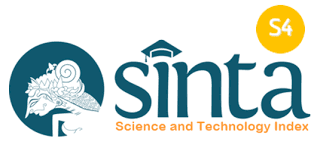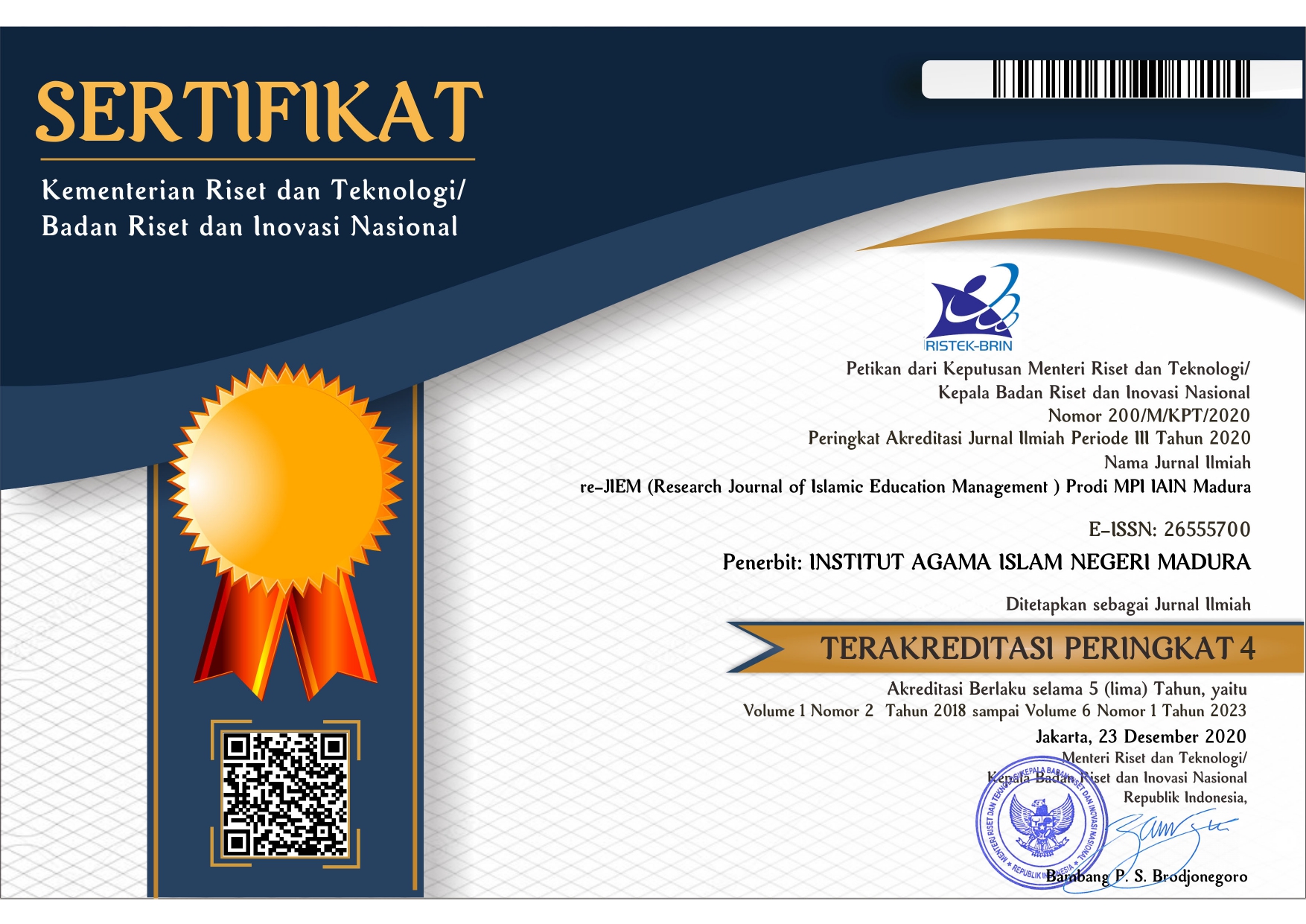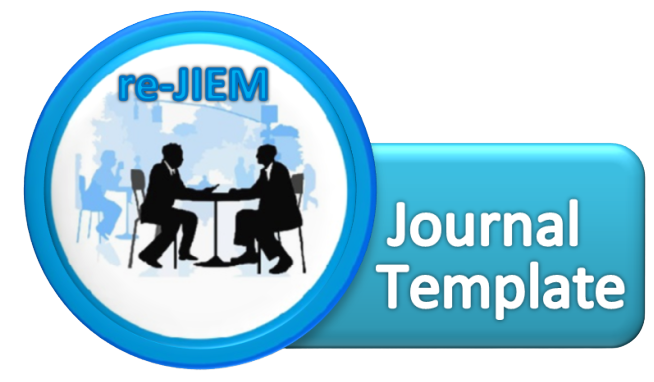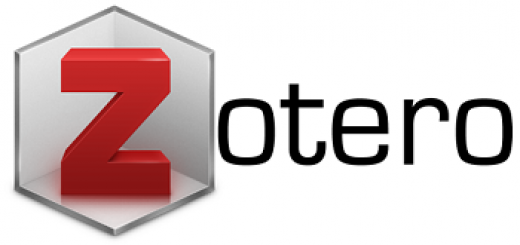STRATEGI MANAJEMEN PERUBAHAN DALAM MENINGKATKAN KUALITAS MANAJERIAL PENDIDIKAN ISLAM DI MAN 1 PAMEKASAN
 Abstract views: 454
,
Abstract views: 454
,
 PDF downloads: 242
PDF downloads: 242
Abstract
The educational institution must have a strategy in bringing about an improvement or change. Where strategy is a way in the process toward the goal. The progress of educational institutions today is highly demanded because of the strong flow of competition among educational institutions. Ability to compete with other institutions is a succes of educational institutions or the ability to give trust to the communit. Succes in an educational institution depends on the management applied within an institution. As well as the role of managers in embracing management systems, educational organizations and education planning to become a conducive educational environment. Because if the managed management is so good then the result to be achieved in the education will run effectively and produce a succes. Thus institutionsshould be able to embrace change management strategies in improving the quality of managerial education of Islam well.
Downloads
References
Abdul Manab, Manajemen Perubahan Kurikulum Mendesain Pembelajaran, Yogyakarta : Kalimedia, Cetakan ke-1, 2015.
Abdul Rahmat, Manajemen Humas Sekolah, Yogyakarta : Media Akademi, 2016.
Abdul Aziz, Pengantar Manajemen dan Substansi Administrasi Pendidikan, Jember : Pustaka Radja, 2017.
Afriantoni, Implementasi Manajemen Perubahan di MAN 3 Palembang Sumatra Selatan, Ta’DIB, Vol. XIX, No. 02, Edisi November 2014.
Imam Gunawan, Metode Penelitian Kualitatif Teori dan Praktik, Jakarta : PT Bumi Aksara, Cetakan kedua, 2014.
Rudolf Kempa, Kepemimpinan Kepala Sekolah, Yogyakarta : Penerbit Ombak, 2015..
Suwardi & Daryanto, Manajemen Peserta Didik, Malang : Gava Media, 2017.
Tony Bush & Marianne Coleman, Manajemen Mutu Kepemimpinan Pendidikan, Jogjakarta : IRCiSoD, 2012.
Authors who publish with this journal agree to the following terms:
Authors retain copyright and grant the journal right of first publication with the work simultaneously licensed under a Creative Commons Attribution-ShareAlike 4.0 International License that allows others to copy and redistribute the material in any medium or format with an acknowledgment of the work's authorship and initial publication in this journal and also allows to remix, transform, and build upon the material for any purpose, even commercially with contributions under the same license as the original.
Authors are able to enter into separate, additional contractual arrangements for the non-exclusive distribution of the journal's published version of the work (e.g., post it to an institutional repository or publish it in a book), with an acknowledgment of its initial publication in this journal.
Authors are permitted and encouraged to post their work online (e.g., in institutional repositories or on their website) prior to and during the submission process, as it can lead to productive exchanges, as well as earlier and greater citation of published work.



























